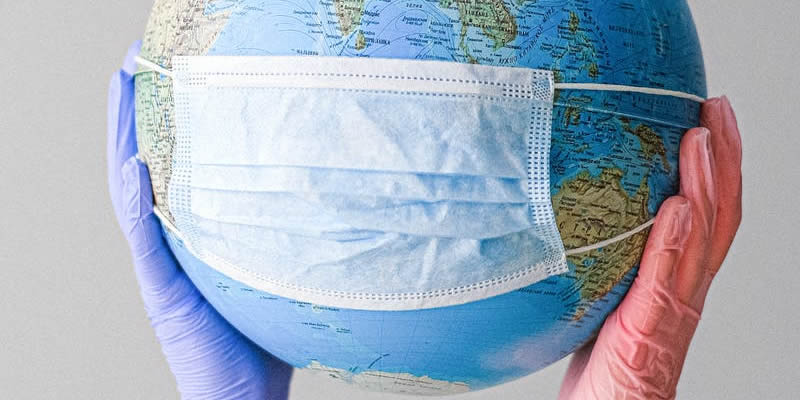Plastic face shields now commonly worn by hairdressers, barbers and beauty salon workers are not effective in preventing the spread of COVID-19, researchers have said.
Technology in Japan involving the world’s fastest supercomputer found that nearly 100% airborne tiny droplets escaped through the plastic.
The technology used in the research is called Fugaku and it can perform more than 415 quadrillion computations a second. It has also found that non-woven fabric face masks are the most effective at trapping airborne droplets of the virus.
- Body microbiota combined with obesity and diabetes increases COVID-19 severity
- Potential risk model could see 4.5m people shielding from COVID-19 this winter
- Study finds honey could be help ease coughs and colds this winter
Speaking to the Guardian newspaper, Makoto Tsubokura, team leader at Riken’s centre for computational science and who led the project, said: “Judging from the results of the simulation, unfortunately the effectiveness of face guards in preventing droplets from spreading from an infected person’s mouth is limited compared with masks.
“This is especially true for small droplets of less than 20 micrometres.”
This finding further supports another recent study that was carried out in America, which also suggested that plastic face shields do not work.
The Florida Atlantic University’s College of Engineering and Computer Science study used fluorescent substances in droplets to help them measure the spread.
Lead author Professor Siddhartha Verma said: “Face shields have noticeable gaps along the bottom and the sides, and masks with exhalation ports include a one-way valve which restricts airflow when breathing in, but allows free outflow of air.
In the forum:
“The inhaled air gets filtered through the mask material, but exhaled breath passes through the valve unfiltered.”
It is currently a legal requirement to wear a face covering in most public spaces across the UK, although different rules exist in different parts.
In England face coverings must be worn, unless the person is exempt, in places such as supermarkets, public transport and shopping centres.




